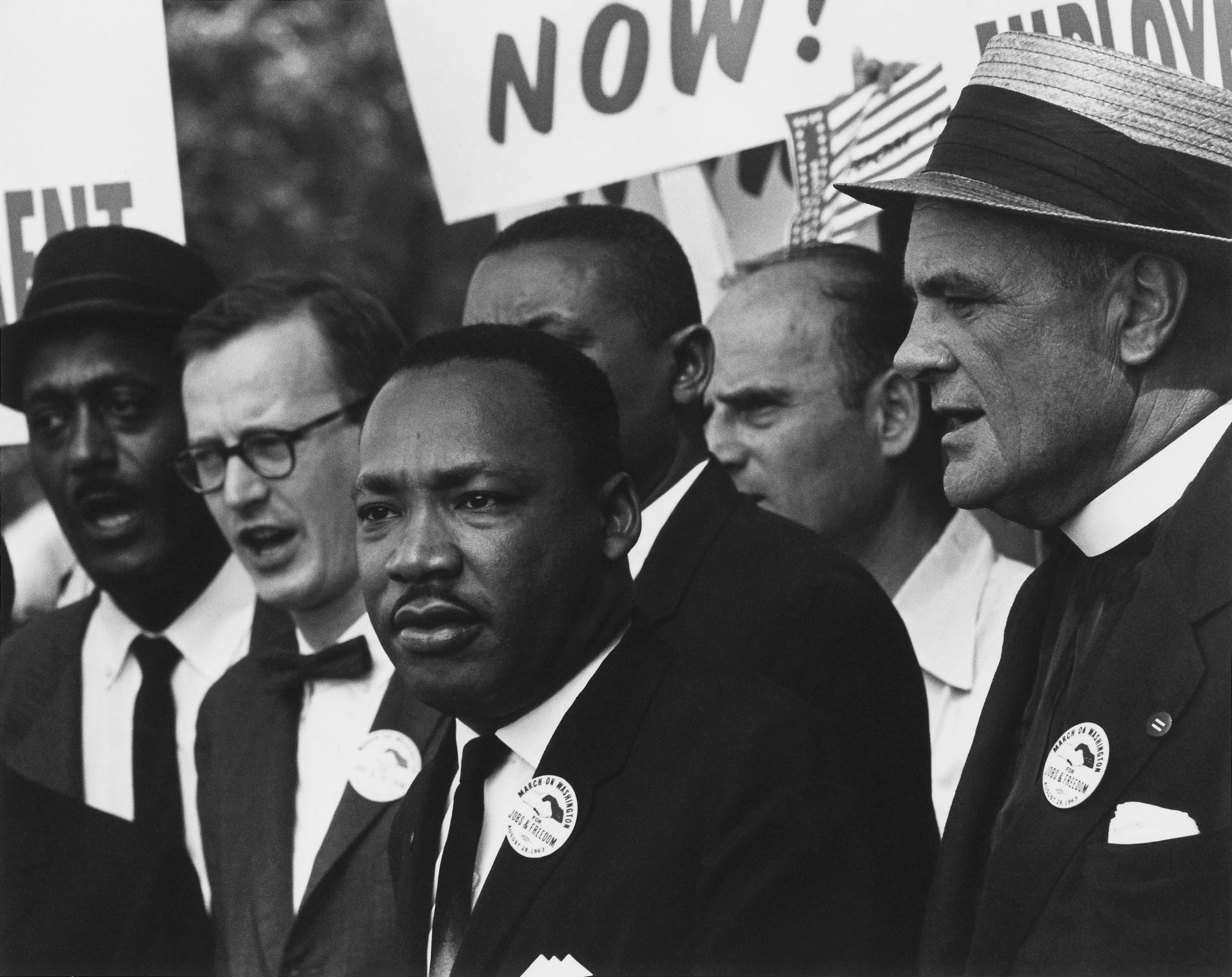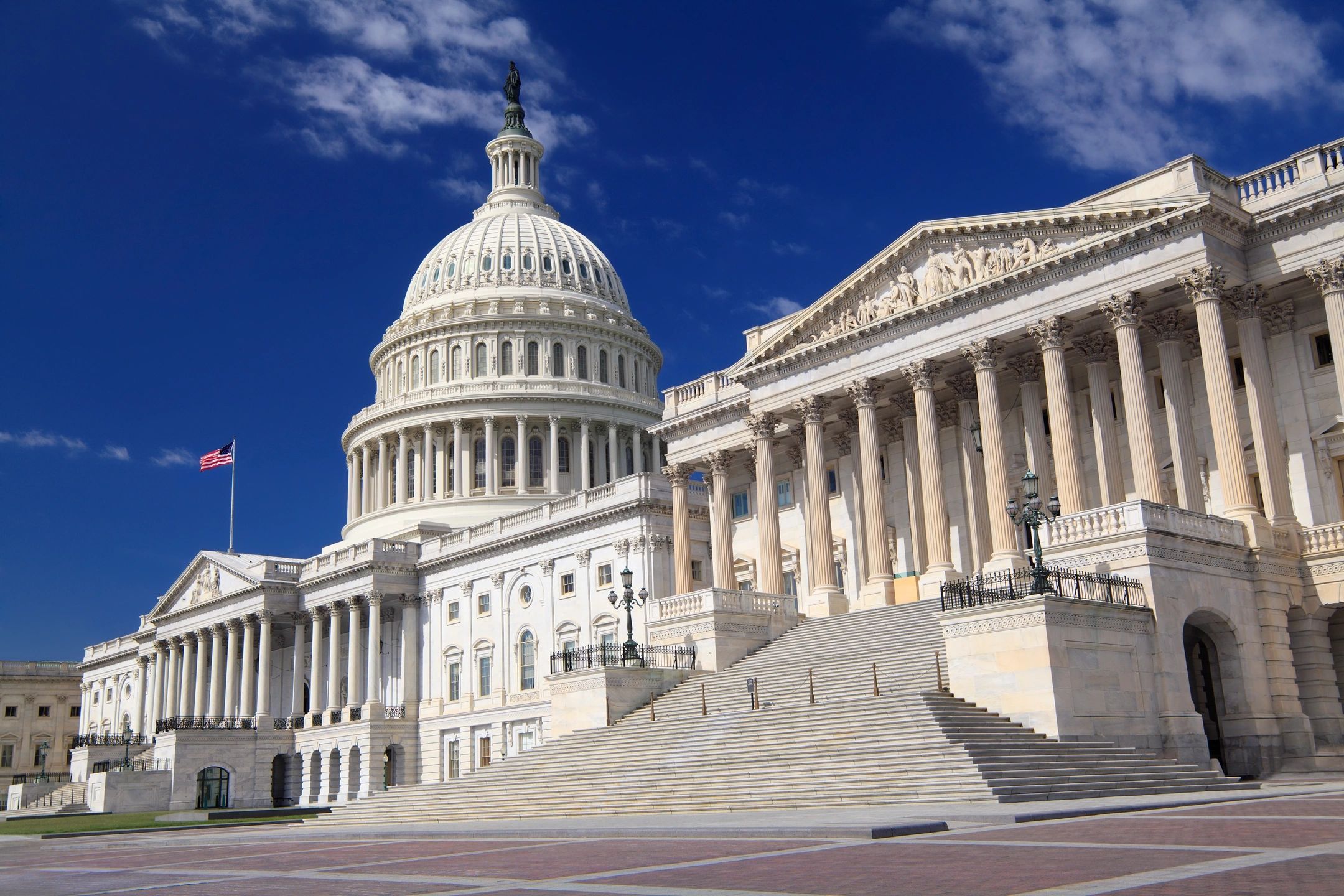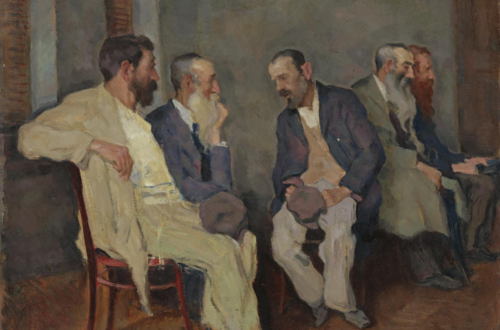Is it okay for a Christian to break the law? On the one hand, the Bible tells us to to obey governing authorities (1 Peter 2; Romans 13). On the other hand, there are examples of apparent justified law-breaking (Esther 4; Daniel 1, 3, 6; Acts 5:29).
Occasionally, Christians are obliged to break the law. When the law asks us to perform acts contrary to the explicit command of God, we are obliged to obey God. For example, Christians are obliged to disobey any prescription to refrain from worship of God. We are also obligated to explain the gospel to people (sometimes this gets us arrested). According to Martin Luther King, Christians ought to disobey unjust laws such as segregation laws:
“There are two types of laws: just and unjust. I would be the first to advocate obeying just laws. One has not only a legal but a moral responsibility to obey just laws. Conversely, one has a moral responsibility to disobey unjust laws. I would agree with St. Augustine that ‘an unjust law is no law at all.’”
King appealed to a universal natural law to make his case. Just laws are only laws that are in accord with the moral law of God: “A just law is a man made code that squares with the moral law of the law of God. An unjust law is a code that is out of harmony with the moral law.”
According to King, breaking of unjust laws can be morally permissible (obviously not legally permissible) only if the person does it (i) “openly, (ii) lovingly, and (iii) with a willingness to accept the penalty.” MLK appeals to the case of Shadrach, Meshach, and Abednego who broke the unjust law to bow to Nebuchadnezzar. He also cites cases of Martyrs under Roman persecution, Socrates in Athens, the Boston Tea Party, those who hid Jewish people in Hitler’s Germany, and disobedience in communist countries.
The purpose of direct action is “to create such a crisis and foster such a tension that community which has constantly refused to negotiate is forced to confront the issue. It seeks to dramatize the issue that it can no longer be ignored.” In the same way Socrates created tension to lead people to a higher state of knowledge, direct action creates tension sufficient for removing racism. The outcome should be negotiation.
In Ethics for a Brave New World (p.724-732), John Feinberg and Paul Feinberg, Christians only have a moral obligation to disobey the law when the law asks them to perform an act contrary to the revealed will of God. If you cannot obey both God’s command and a human law, then the Christian must obey God’s law. Since the Christian is under an obligation to obey God, she is obligated to disobey the human authority when it is in direct conflict with God’s commands.
But what should Christians do when there is a law that permits immoral actions but does not command them to act against God’s commands. Christians are often opposed to laws which permit certain immoral actions to take place in society. In most cases, Christians do not seek legislation to restrict immoral activities (nor do they think they ought to). But in other cases, Christians seek legislation to prohibit immoral actions. For example, abortion and infanticide are clearly against the command of God. They are also the kinds of actions against which there ought to be laws. Yet abortion legally permitted and it appears that some think infanticide is not wrong. In these cases, Christians are not obliged to disobey any laws and they should not break good laws in order to protest bad ones. Damaging property or murdering people to protest abortion laws is not right. Instead, protests that do not break good laws are permitted. This is what we have been doing up to now.
However, the recent legislation passed in New York and the United States’ Senate’s refusal to pass the Born-Alive Abortion Survivors Protection Act has led many to wonder if we can do more than march and argue. But since there is no law to break, there is no way to raise the issue beyond persuasion and demonstration.
One suggestion that may gain traction is state disobedience. A pro-life state could defy a federal or court ruling against one of its laws. If a state legislature passed an outright ban on abortions, then the federal government would step in and overturn it. The courts would rule against it. The state could defy all of these rulings thus setting up a form of disobedience. Presently, some states defy federal law on marijuana, immigration policy, and a host of other issues. However, attempts to restrict abortion in states have been successfully blocked in court. My question is: might we ask a state to hold the line – to defy the court’s order? It might cost every official his/her job. It may require that state to take the brunt of economic and media sanctions. Who knows? But it might also do what King did through his civil disobedience – it may result in justice.
What do you think? Are there good reasons not to advocate for this?





